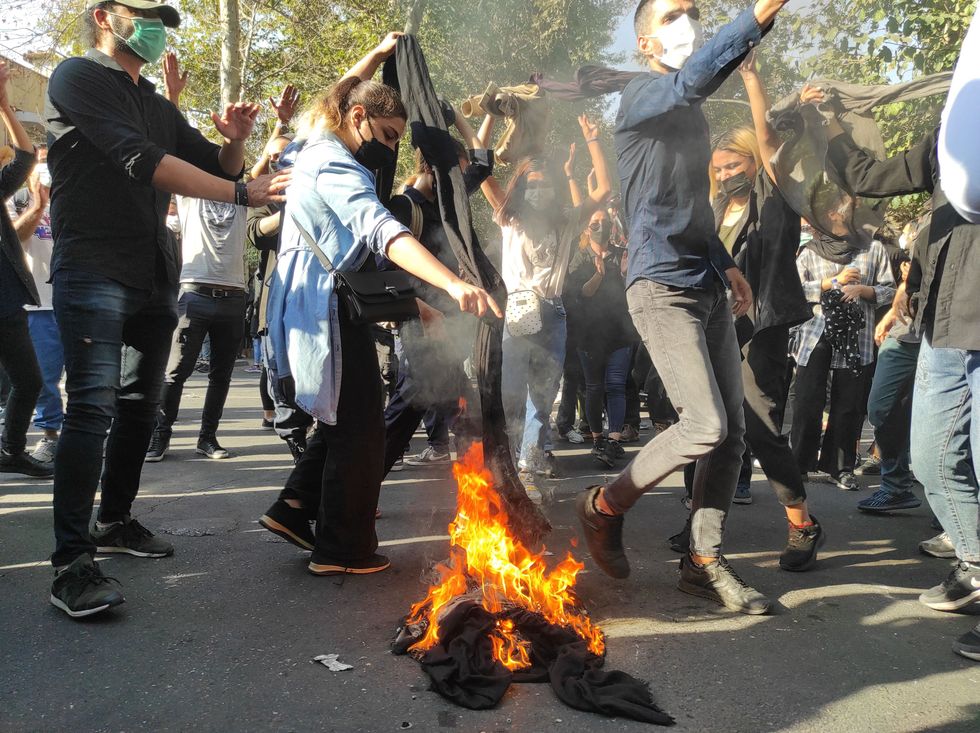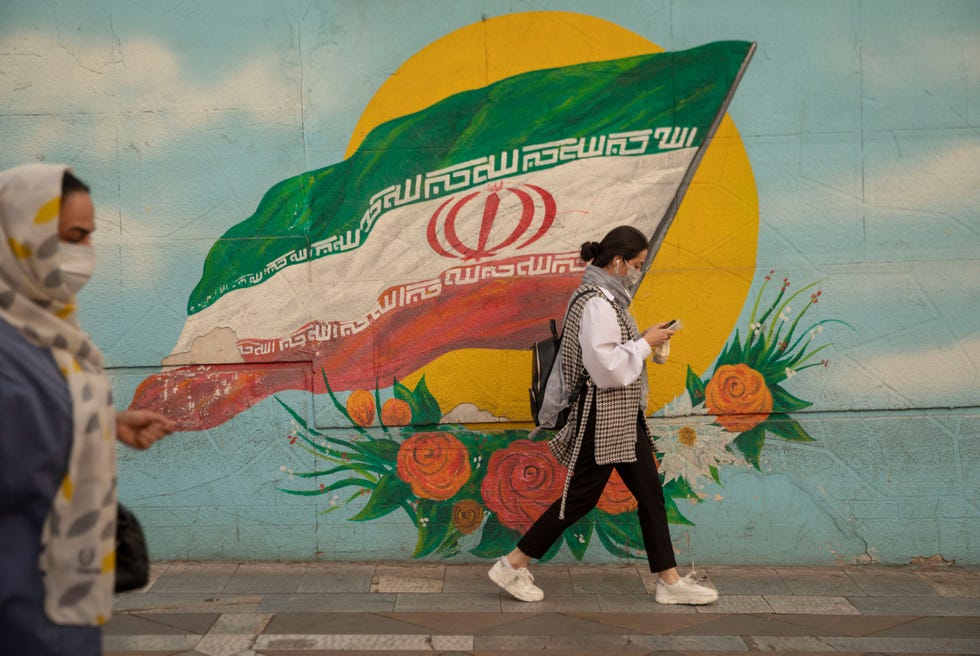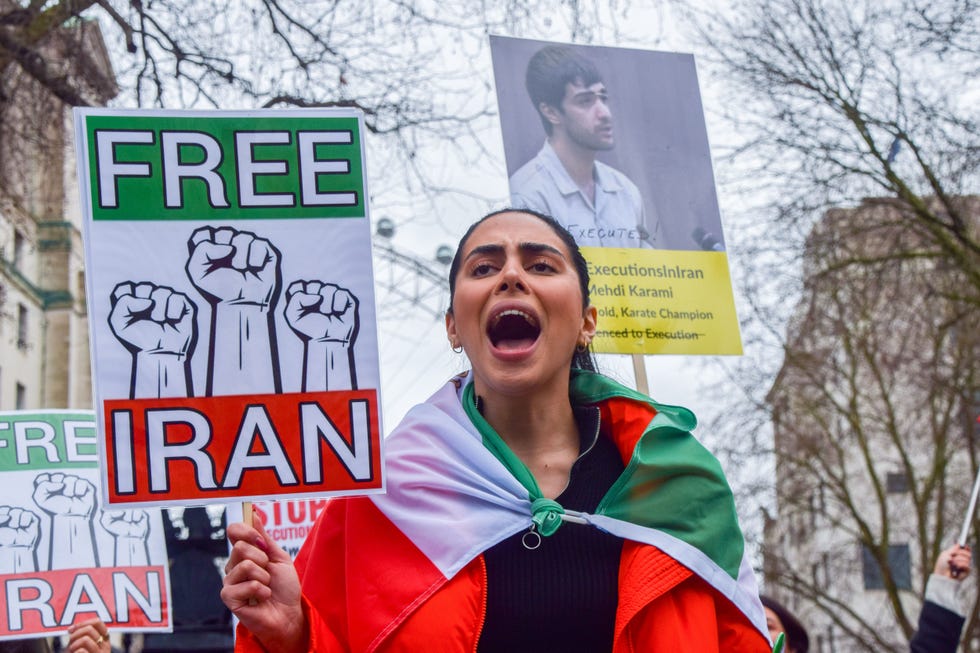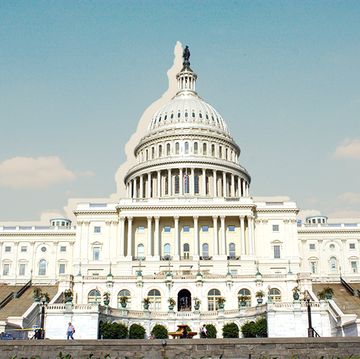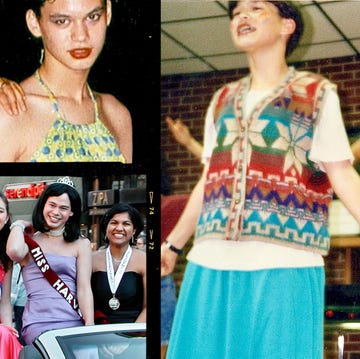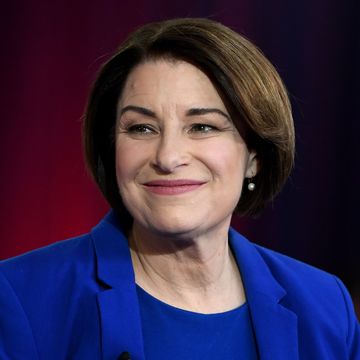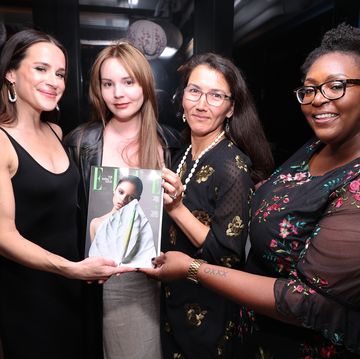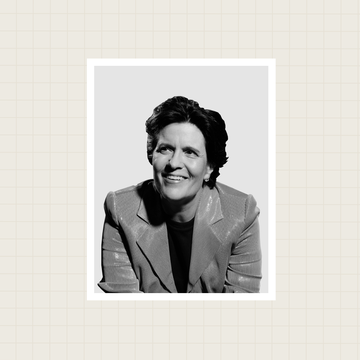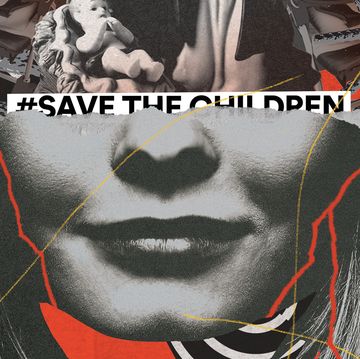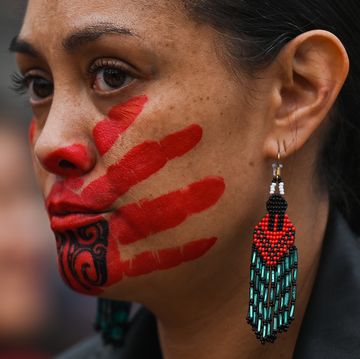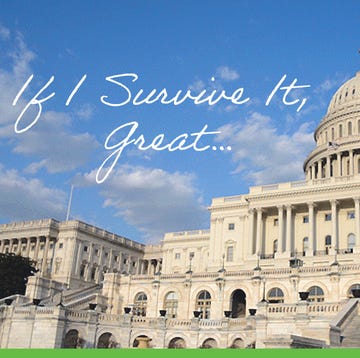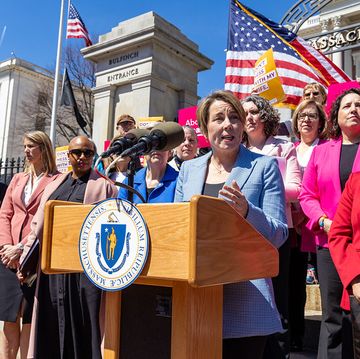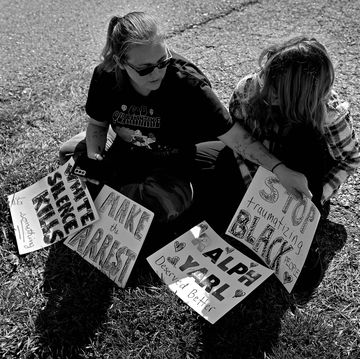Nicolette Mason is creative strategist, writer, and a founding member of The Iranian Diaspora Collective, an organization formed in response to the overwhelming demand from Iranians in Iran to amplify their voices in the United States, Mason has made it her goal to encourage the world to listen to Iranian people in Iran who are imploring mainstream media, decision-makers, governments, and opinion leaders worldwide to hold the Iranian government accountable for its crimes against women, students, ethnic, religious, and sexual minorities. Here, she sheds light on the situation in the country.
If you feel like you’re hearing about Iran, and Iranians, for the first time in your life, you’re probably not alone. The news out of Iran gets more devastating by the day: According to The New York Times, four protesters have been executed without any semblance of due process as we understand it, and many more are at risk of imminent execution. The Human Rights Activist News Agency puts the total number of arrests made by the Islamic Republic at nearly 20,000. Devastating reports of torture, rape, and drugging of prisoners abound.
If I was in Iran right now, I could easily be part of these painful statistics. Just existing as I am would be reason enough for the Islamic Republic to jail or disappear me or murder me for being queer, Jewish, a woman. But I’m safe in Brooklyn, with my dogs on my lap and my wife in the next room. My family fled Iran during the 1979 revolution that transformed it from a constitutional monarchy into a theocratic totalitarian regime, the Islamic Republic of Iran.
On Sept. 16, 2022, the brutal death of Zhina Mahsa Amini, a 22-year old Kurdish woman who was violently beaten by the Islamic Republic’s “morality police,” was a turning point for Iranians everywhere. When she was arrested, Amini was allegedly wearing her hijab “improperly.” In response, a protest movement led by women, Iranians of all genders, backgrounds, ethnic cultures, and faiths have demonstrated a refusal to be controlled by the Islamic regime. They are leading a revolution for freedom for all Iranians.
Despite it being a lofty dream, until the protests started more than one 100 days ago, I could never even entertain the idea of visiting my ancestral homeland. How could I? Singing in public, advocating for equality, and holding hands with my wife could all be punishable crimes.
My mother’s family is from Iran as far back as we're able to trace, with ancestry across Tehran, Hamedan, Isfahan, and Kurdistan. Like so many other religious, ethnic, and political groups, they sought safety outside of Iran after Ayatollah Khomeini’s chaotic rise to power onto their country in the late 1970s. My mom was studying at university in London, where she met my dad, when her family abruptly fled the only home they ever knew. They left their entire community of friends, colleagues, and family. They left behind mehmoonis (parties) and Nowruz (Iranian New Year) celebrations. They lost more than a home that day—they lost a sense of belonging. My mother’s family took only what could fit into their luggage: some photo albums, a scarce number of family heirlooms, and a deep grief that they’d never be able to return. They landed in Los Angeles (affectionately nicknamed “Tehrangeles” in the Iranian diaspora community), where 40 percent of Iranian immigrants in the U.S. took refuge in the wake of the revolution, and were granted asylum and an opportunity to rebuild their lives.
I grew up hearing about the snow-capped Mount Tochal peeking behind Tehran’s bustling cityscape, early morning road trips my mom would take with her family to the Caspian Sea, the synagogue and vibrant Jewish community my family belonged to. My mom still waxes poetic about the smell of tomatoes and the spring air in Iran. There was intense nostalgia and cultural pride, but there was also an immense pressure to blend in. We called ourselves “Persian” instead of “Iranian.” My parents named me “Nicolette” instead of “Sahar,” because they thought it would make my life easier. We spoke English at home. In equal parts trauma response and self-preservation, my parents separated me from Iran. It was their way of protecting me from the version of Iran that existed under the Islamic Republic, a regime that has overshadowed a beautiful culture and violently oppressed the country for nearly 44 years.
Under the Islamic Republic, human rights have been stripped from public life: It is illegal to dance in public. It is illegal to show public affection. It is illegal to be gay. It is illegal for women to ride bicycles. It is illegal for a woman to travel without permission from her husband or father. It is illegal to keep a dog as a pet. Forms of expression are so heavily censored that even famed and celebrated poets like Forugh Farrokhzad have had their work rewritten to comply with the Regime’s strict rules. For people of the Baha’i faith, it’s illegal to attend university. For ethnic minorities like the Kurds, it’s illegal to officially use Kurdish names or practice Kurdish traditions. Baloch people have historically been denied identification cards. The government heavily filters and suppresses communication tools, including social media platforms, and dozens of journalists have been detained since the beginning of the protests. Freedom of speech is virtually non-existent, while state media channels proliferate pro-regime propaganda.
The seismic shift that occurred on September 16 has permanently changed the landscape of Iran. Despite record inflation that makes the cost of living unbearable, there are still mass worker strikes in solidarity with the protests. Despite the threat of violence from the very-much-still-intact morality police, women still protest by letting their hair flow, even in the most religious parts of Iran, like Qom. Despite the regime’s threats of violence and execution and increasing systematic murdering and detention of ethnic and religious minorities, including Iran’s most promising young people, the spirit and beauty of Iranian culture endures. Nothing can extinguish the fire of a people that is burning to thrive outside the confines of an authoritative, theocratic regime.
I’ve learned the names and stories of protesters and dissidents who have been unfairly jailed, murdered, or executed. I grieve for them as if they’re my own family. I think about their humanity, their dreams, their aspirations. I see pieces of myself in the rebellious nature of Nika Shakarami and Sarina Esmailzadeh, teenage girls who were murdered by regime forces in the earliest days of the protests. I grieve for those who have been executed: Mohsen Shekari, whose parents’ blood-curdling screams I will never forget, Majidreza Rahnavard, whose dying wish was for mourners to be joyful, Mohammad Mehdi Karami, a karate champion who dreamed of being an Olympian, of Mohammed Hosseini, who was visiting his parents’ graves on the day he was arrested. I think about the thousands of names and people whose stories we do not know and might not ever know, not just from these past few months, but from the past four decades.
I am in awe of the bravery and tenacity of journalists and artists who continue to protest, even at the risk of imprisonment, torture, and death. I think about journalists Niloofar Hamedi and Elaheh Mohammadi, who broke the news on Amini’s death and have been detained ever since. I proudly listen to the dissident rap of artists Toomaj Salehi and Saman Yasin, who are both at extreme risk of execution for their support of the protests.
Iranian people deserve to live as their whole selves. I’m encouraged by the way we’ve seen global pressure work: a global campaign of actors lead to the release of actress Taraneh Alidoosti, who starred in the Academy Award-winning film The Salesman, from Evin Prison. Global outcry and pressure from European members of Parliament to expedite political sponsorships for detainees has successfully led to the postponement of executions for Mohammad Ghobadloo and Mohammad Boroghani. A worldwide campaign resulted in the Islamic Republic being removed from the United Nations Commission on the Status of Women. In order for Iran to be free, the global community needs to come together and sustain this pressure. There are 84 million people relying on all of us to stand alongside them. We must continue to bear witness, to honor their lives—and deaths—and to amplify the voices of people in Iran who are risking everything for a free and democratic secular state.
Sara Li is a Los Angeles based writer, actor, and playwright. You can read her work on her Substack, Gut Feelings, and follow her on Instagram, TikTok, and Twitter.

